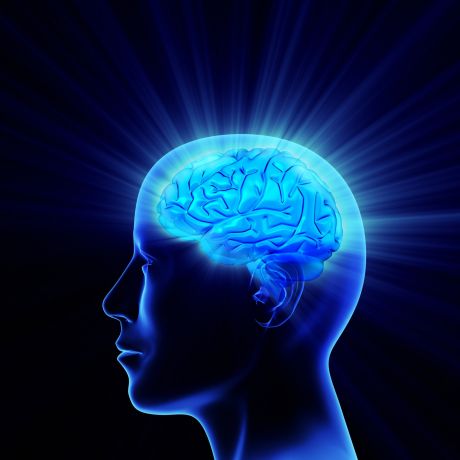Evaluating orientation in health and disease

Evaluating orientation in health and disease
Our perception of time, space and other people defines our mental orientation. European scientists provided unprecedented evidence on the role of orientation in neuropsychiatric disorders.
Neurological and psychiatric mental status examination heavily relies on
determining our orientation in space, time and in relation to other
people. Although disorientation may be the key manifestation of several
neuropsychiatric disorders including amnesia and Alzheimer’s disease,
its role in the psychopathology of these diseases remains unknown.
Orientation has almost never been a subject for neuroscientific research. The primary objective of the EU-funded ORIENTATION (Orientation and disorientation in health and disease) project was to investigate the mental-orientation function that essentially processes the relations between the behaving self to space (places), time (events) and person (people), in neuropsychiatric disorders.
Researchers employed high-density (7T) functional magnetic resonance imaging (fMRI) to detect orientation-related activation of certain parts of the brain of individual subjects. They also mapped the role of orientation in 22 neuropsychiatric disorders and classified the subdivisions of orientation for different disorders.
To better define the role of memory in orientation, scientists developed a short functional MRI scan method to evaluate the memory network in patients with acute amnesia. Their results showed that the hippocampal memory network is disturbed in transient amnesia. This is a condition characterised by temporal disorientation but no loss of identity, or spatial and personal orientation.
To further elucidate the implication of hippocampus in orientation, scientists subjected patients undergoing epilepsy surgery to intracranial recordings. They discovered that the cortex was involved in orientation and the hippocampus was recruited later to memorise events.
Overall, the discovery of a mental-orientation system in the space, time and person domains open up new avenues for clinically evaluating neuropsychiatric disorders. To this end, the tools developed during the ORIENTATION study should help stratify amnesia patients, evaluate sensory deficits with respect to orientation and expedite the neuropsychological evaluation of Alzheimer’s patients.
published: 2016-05-10